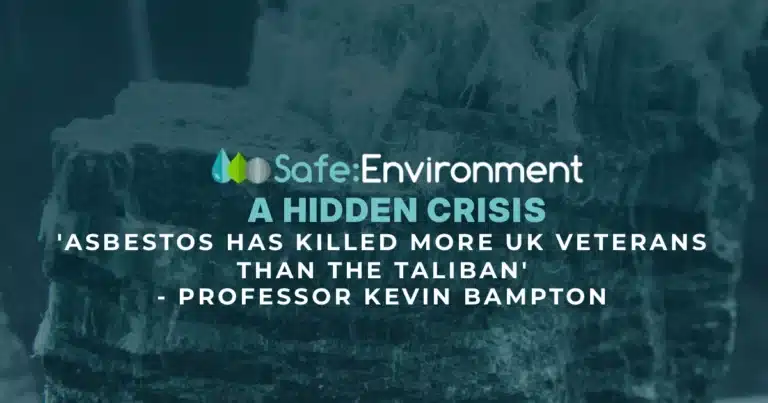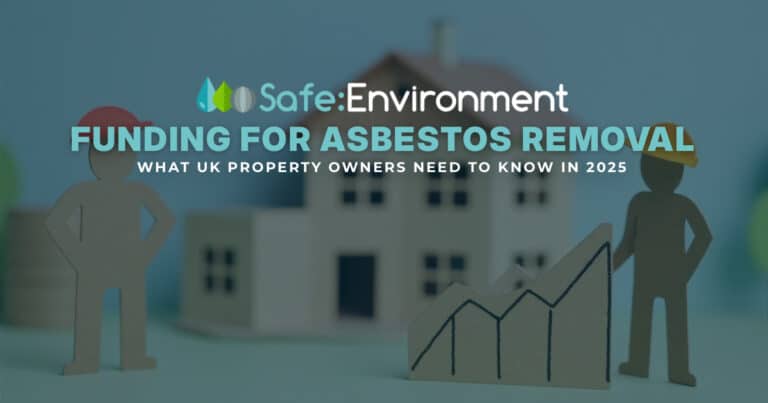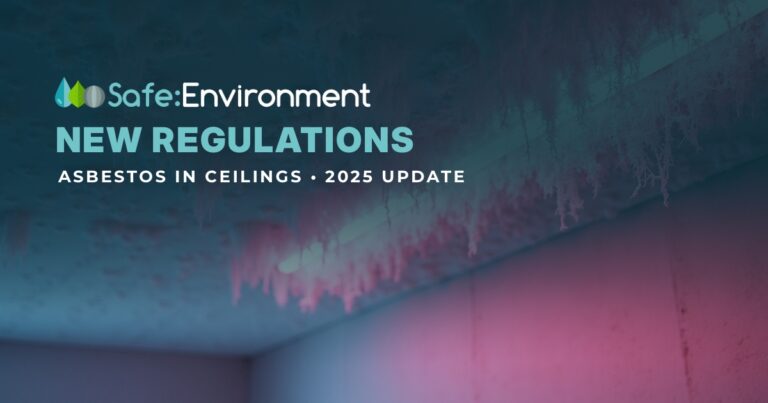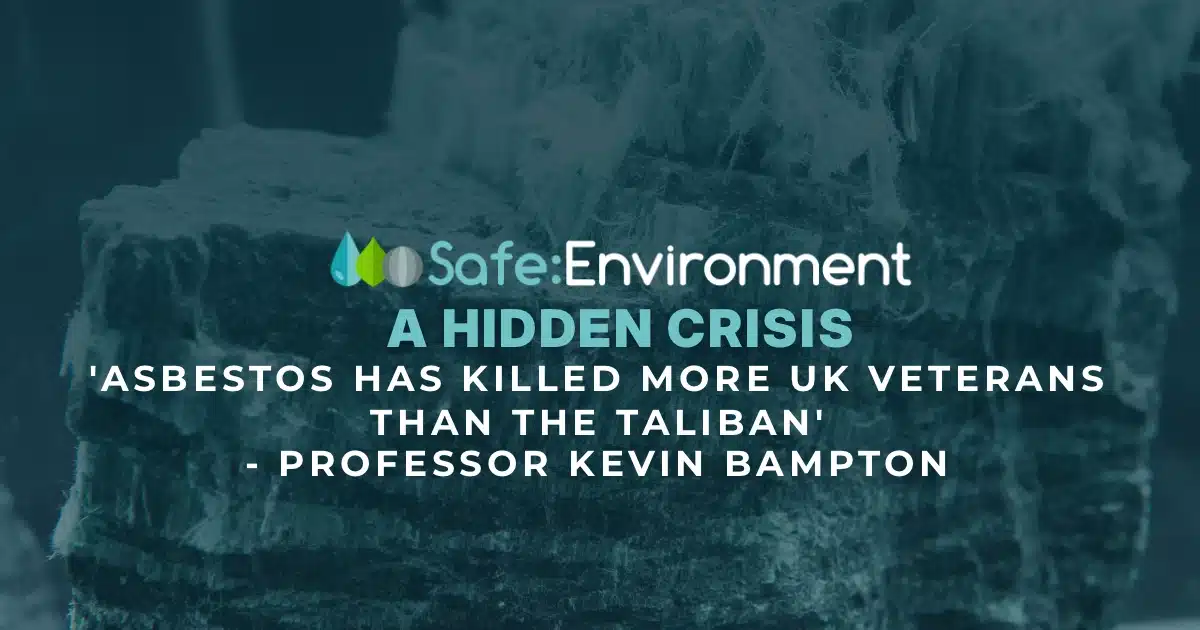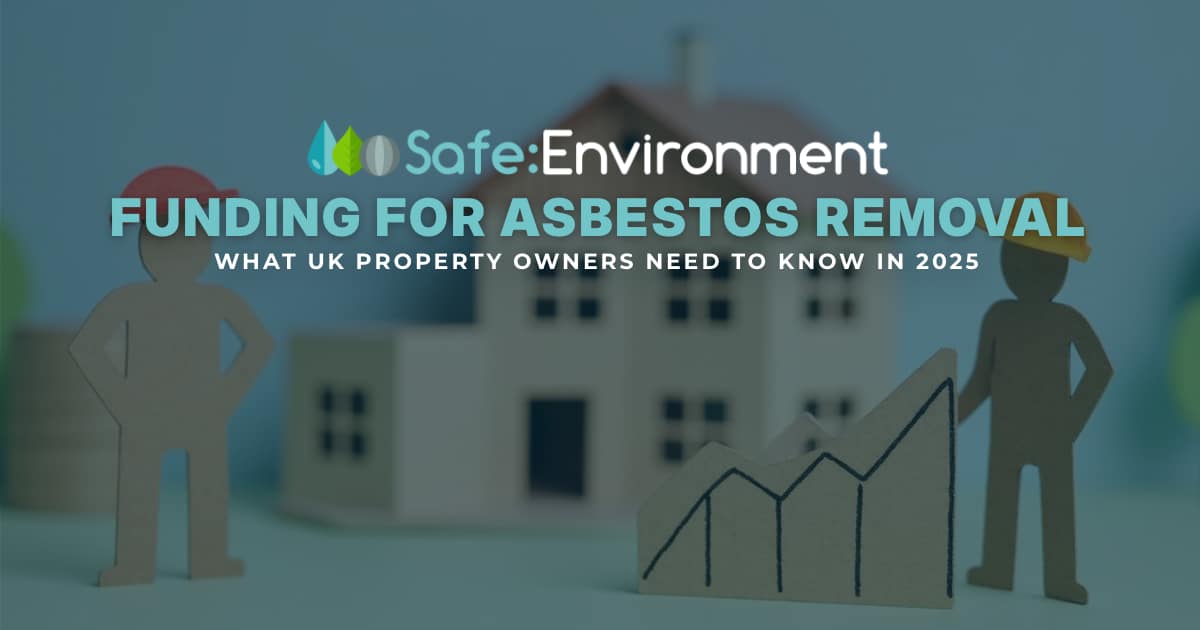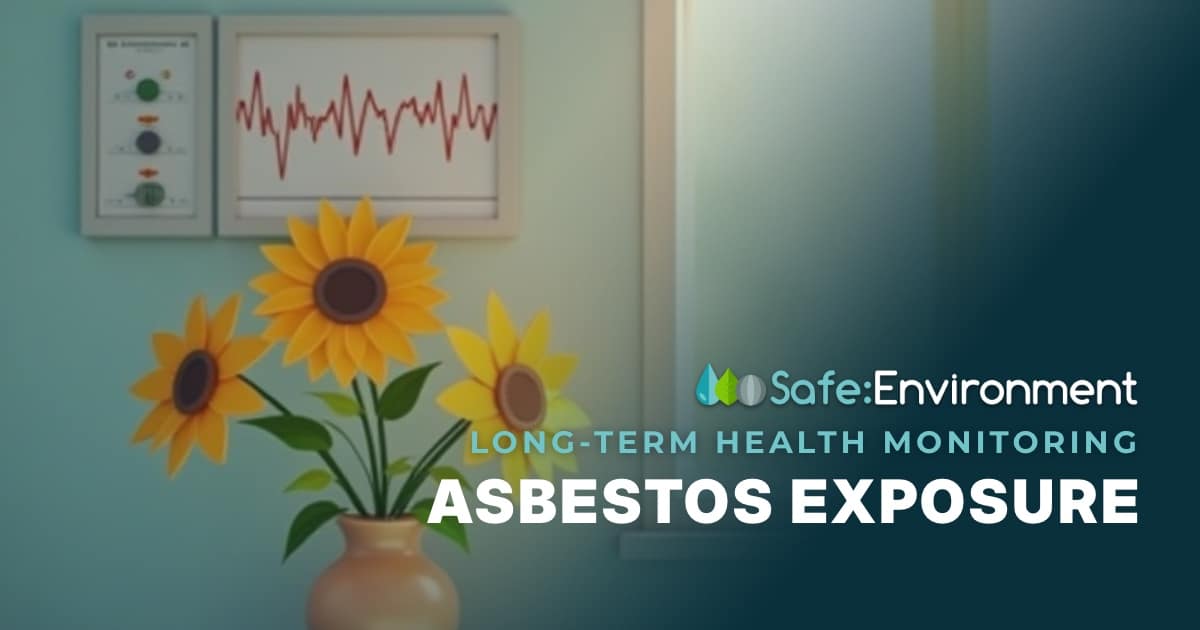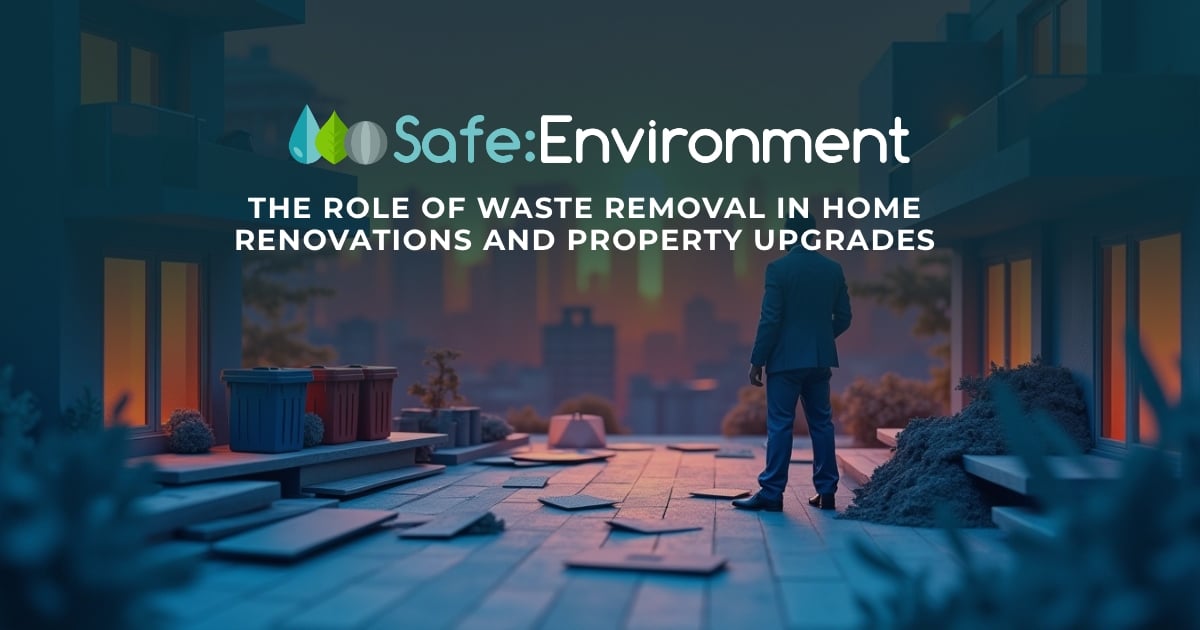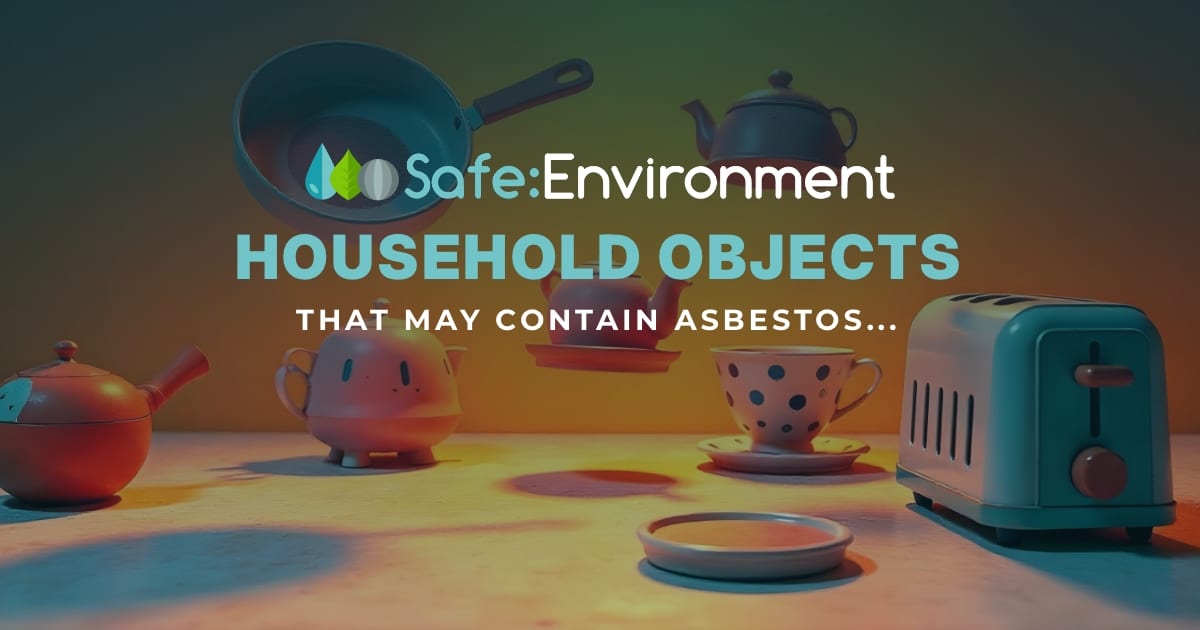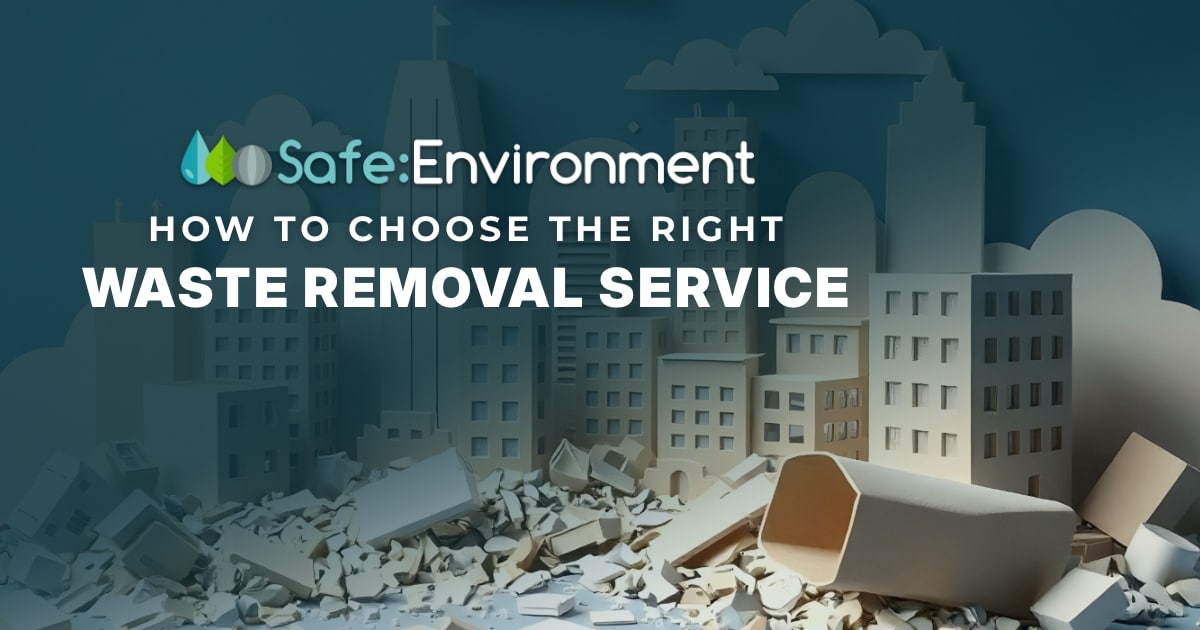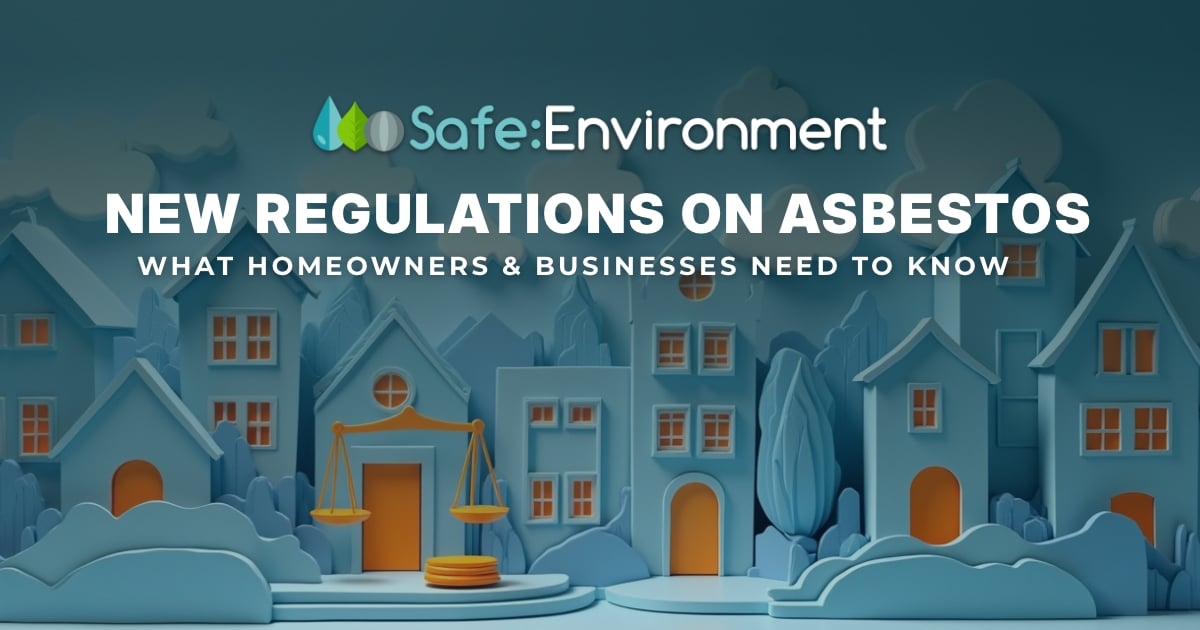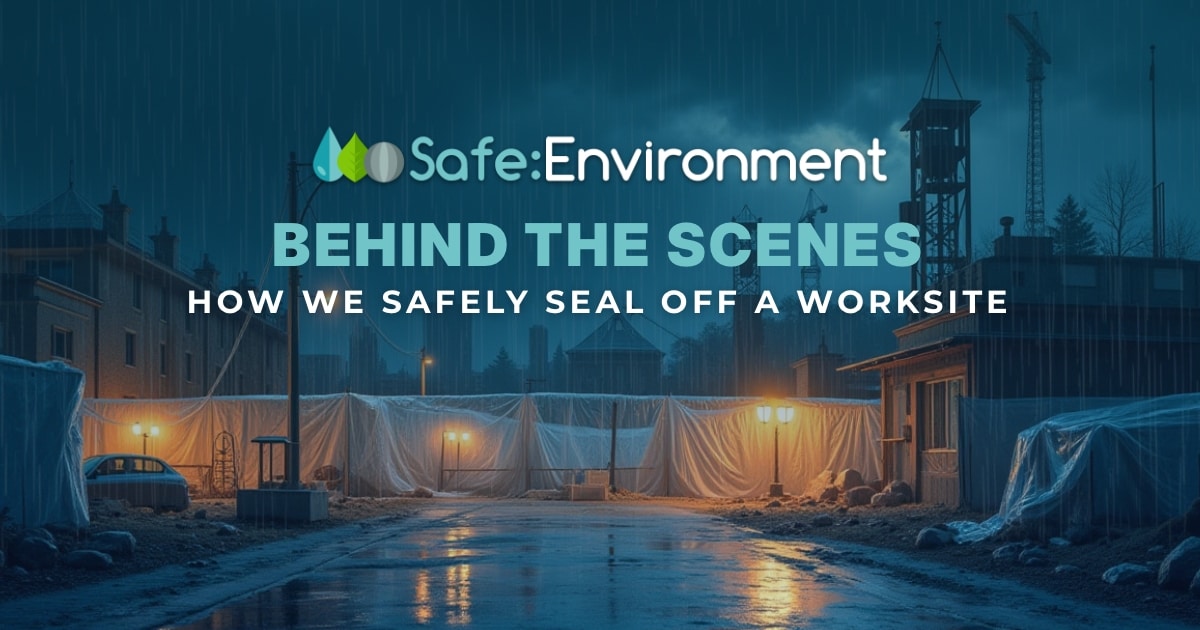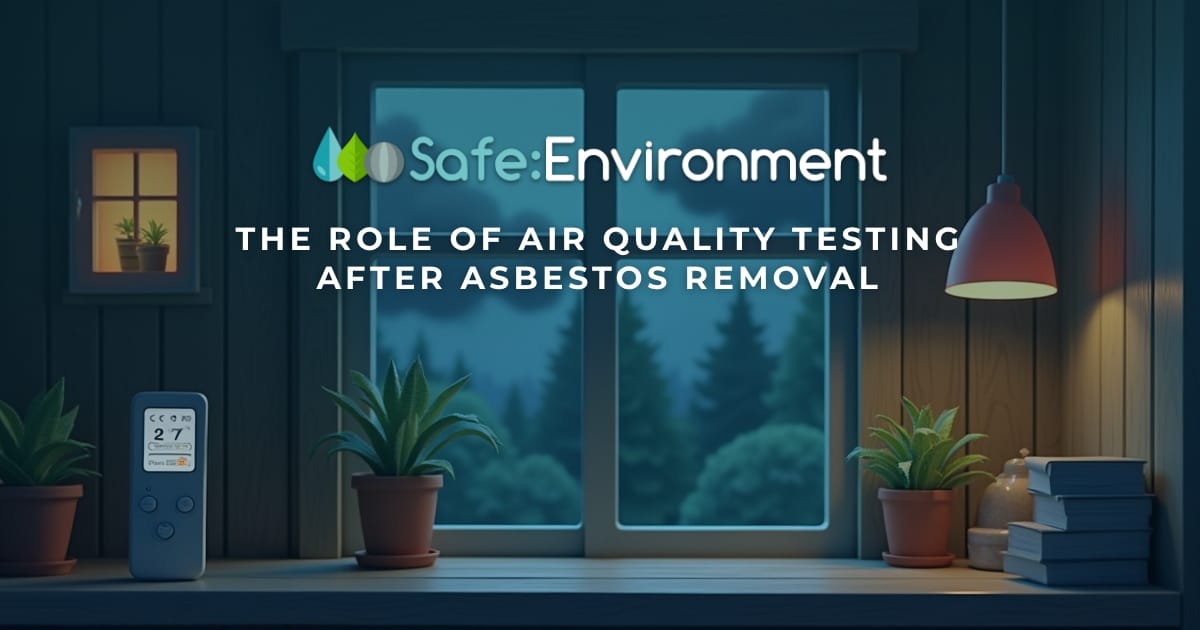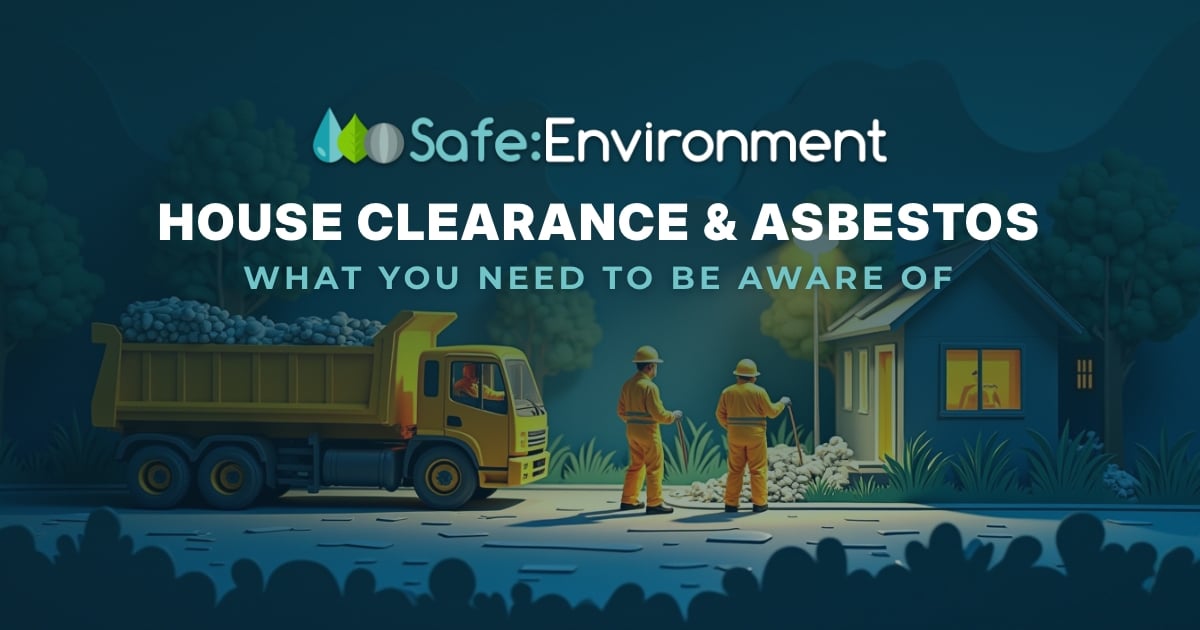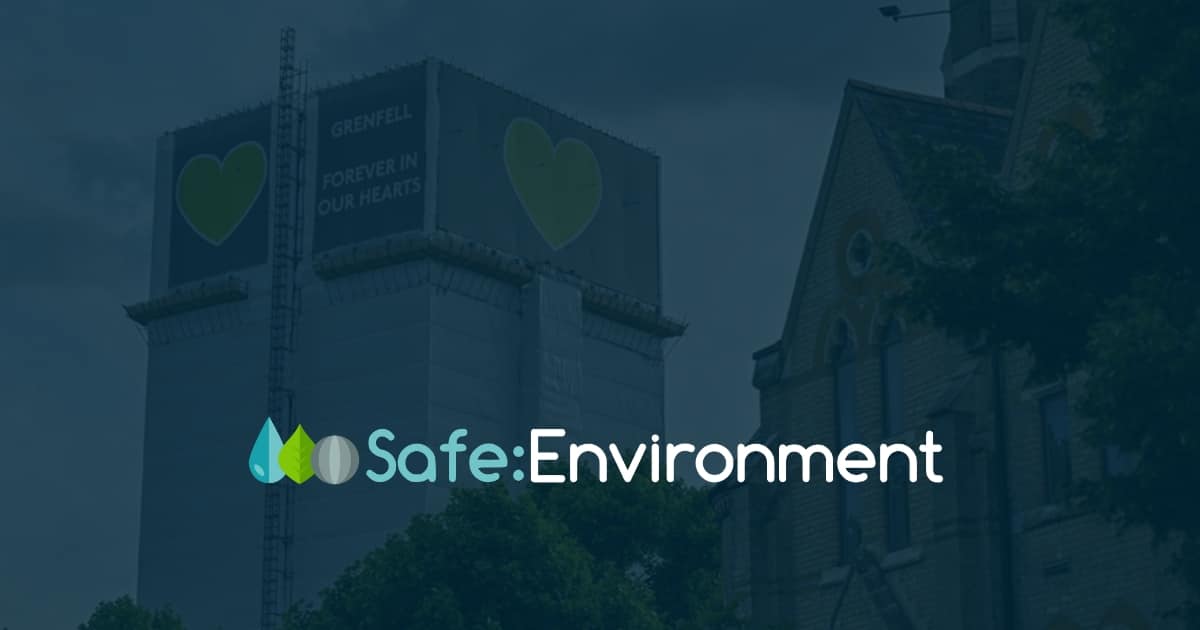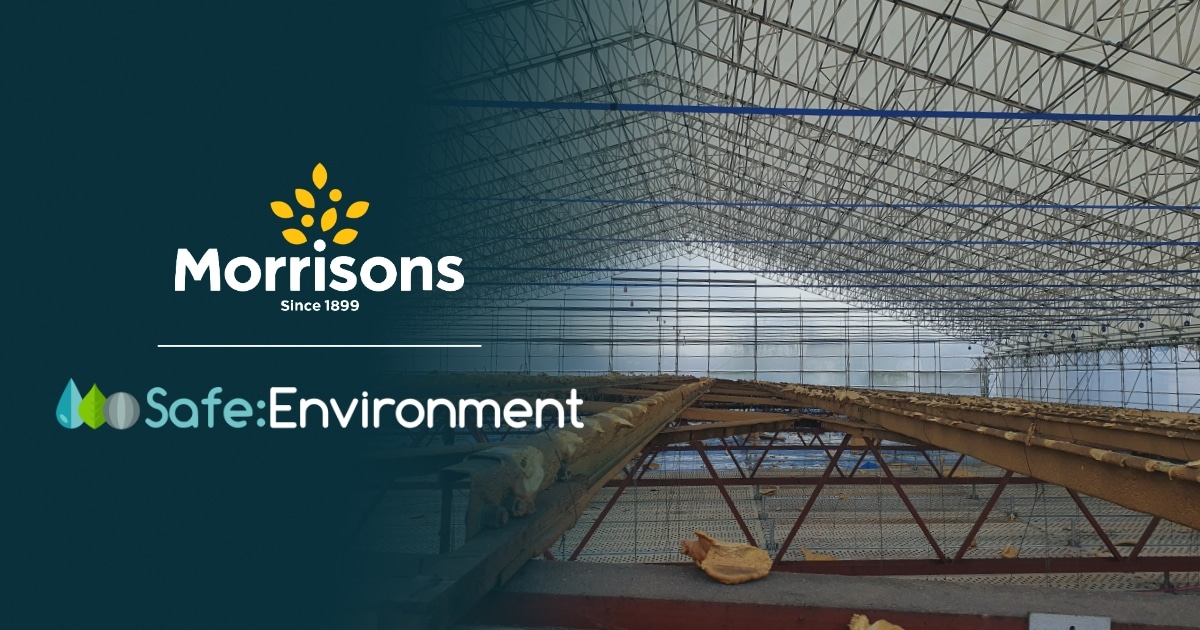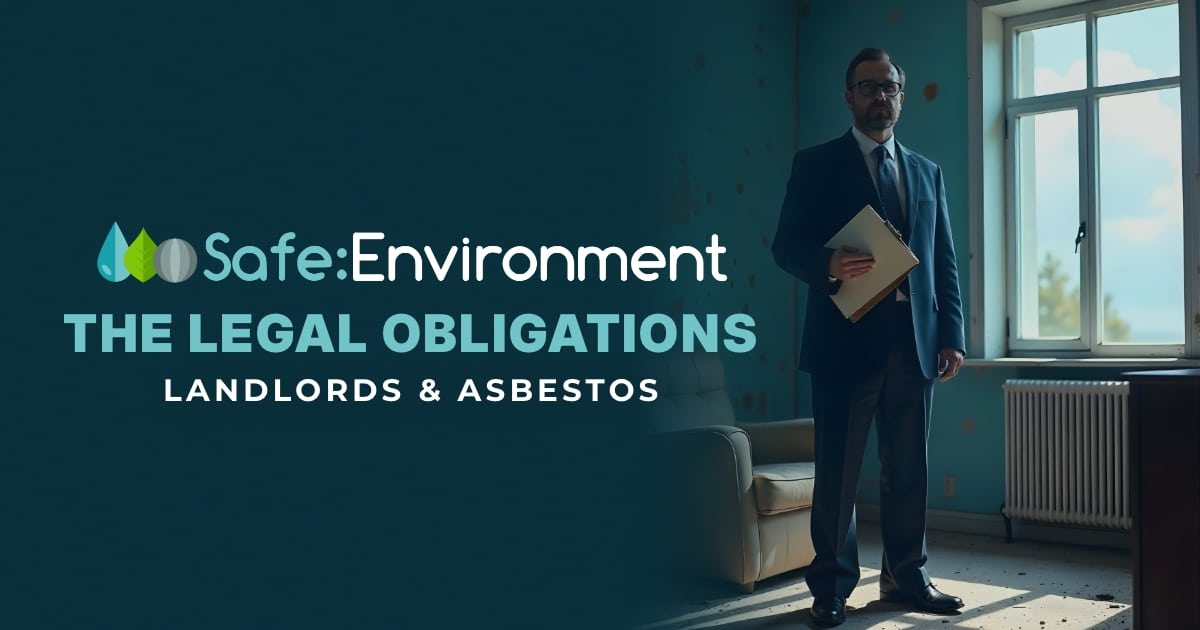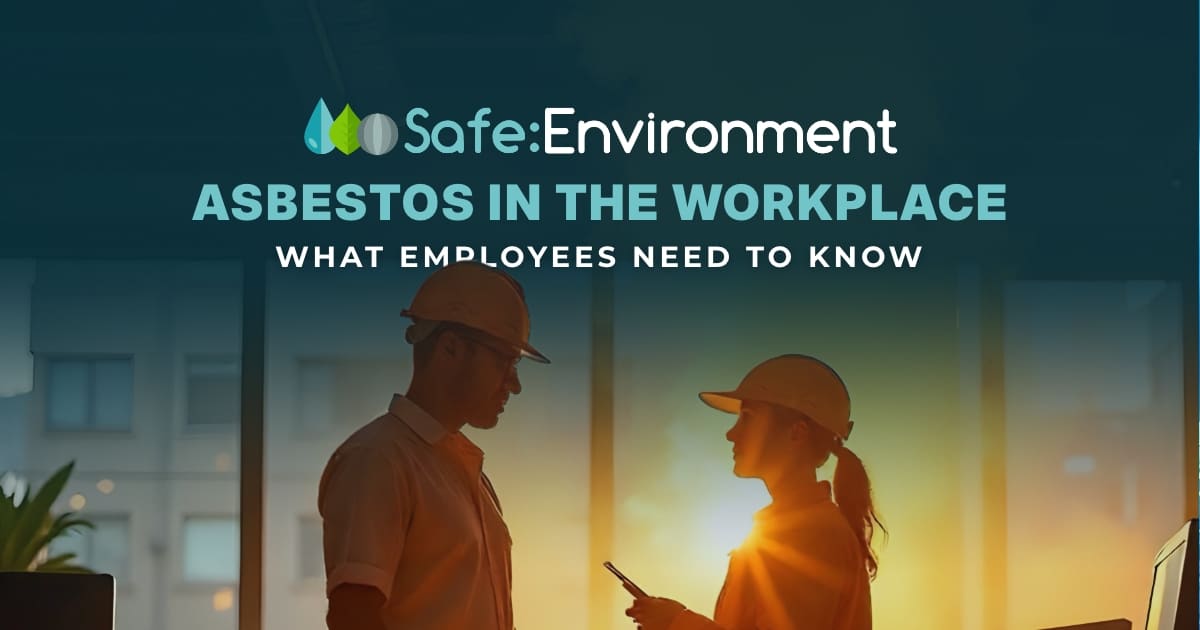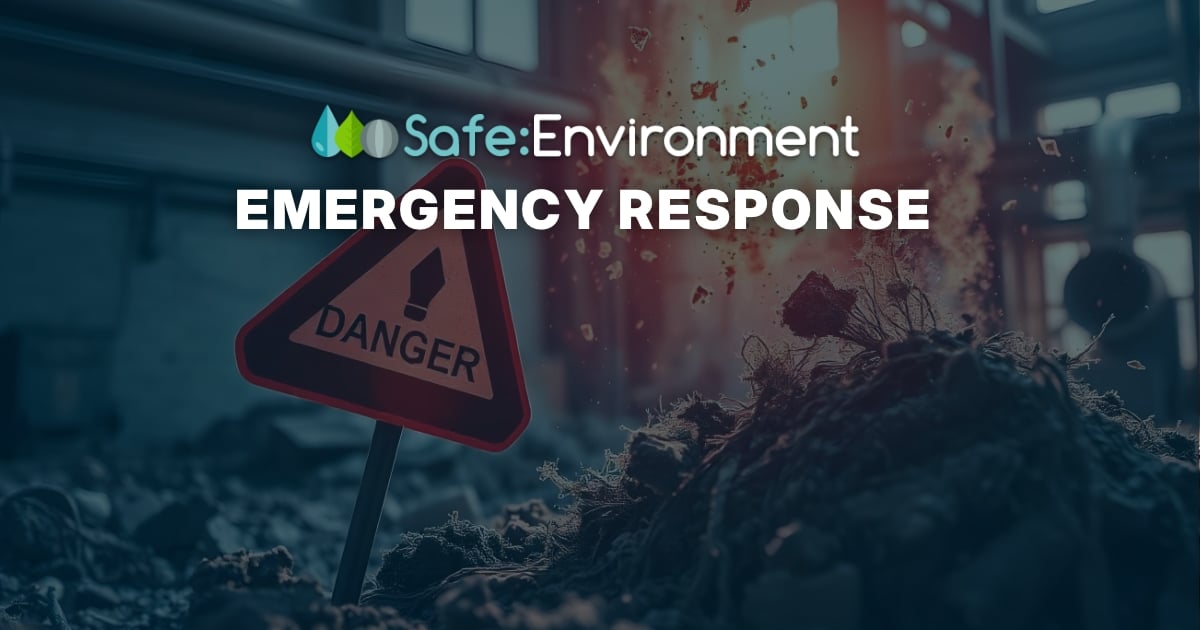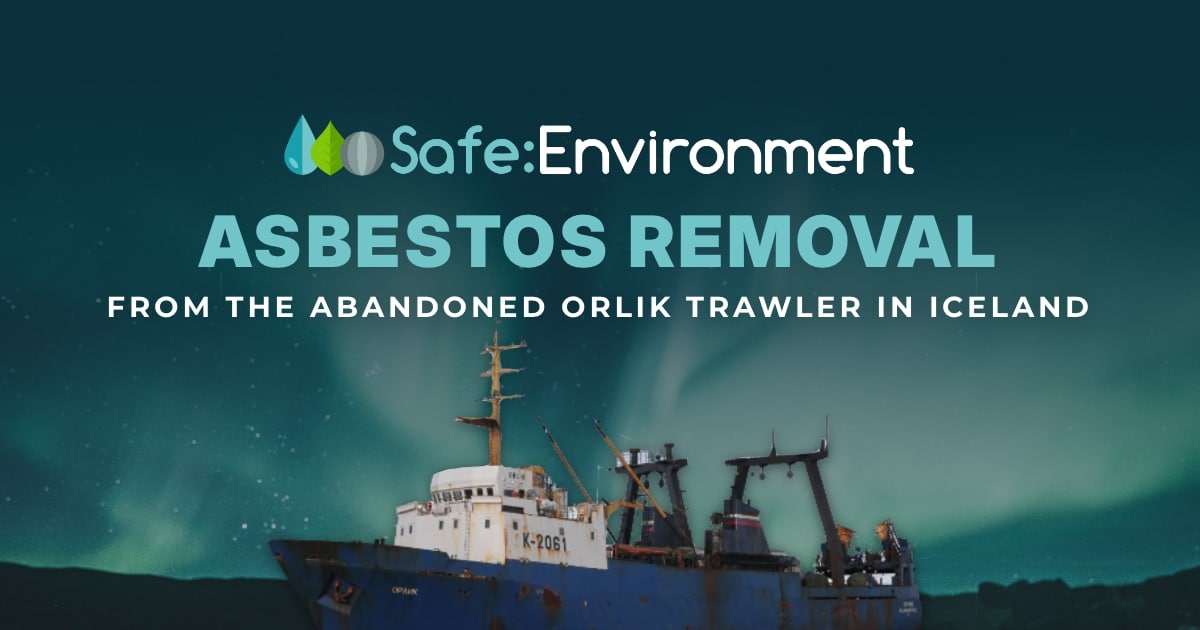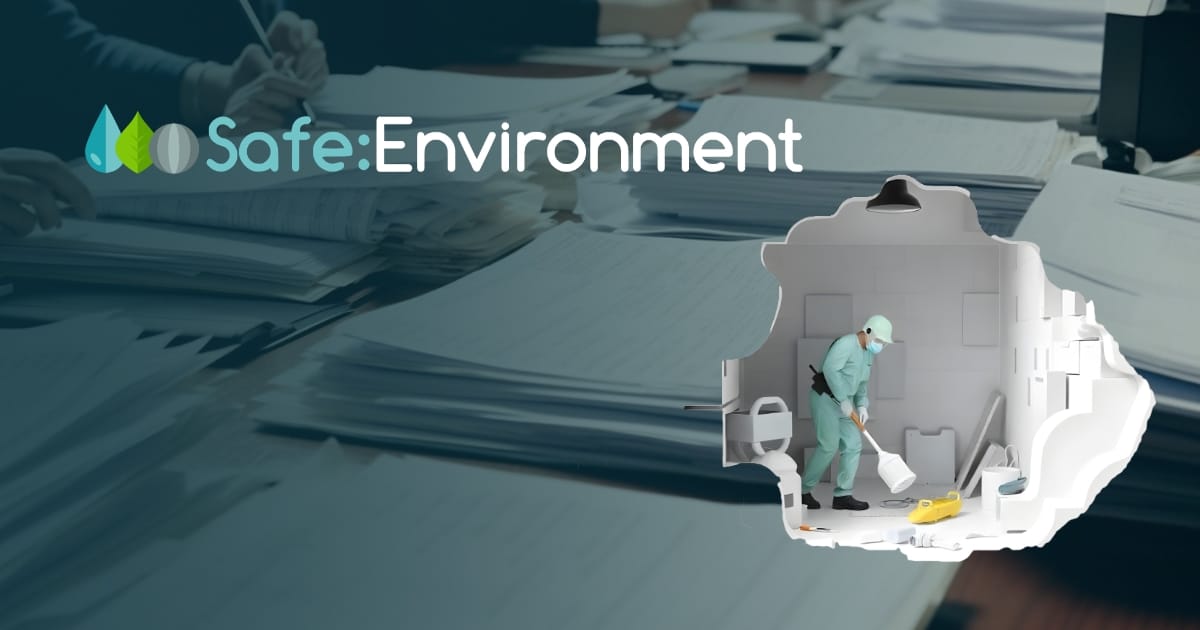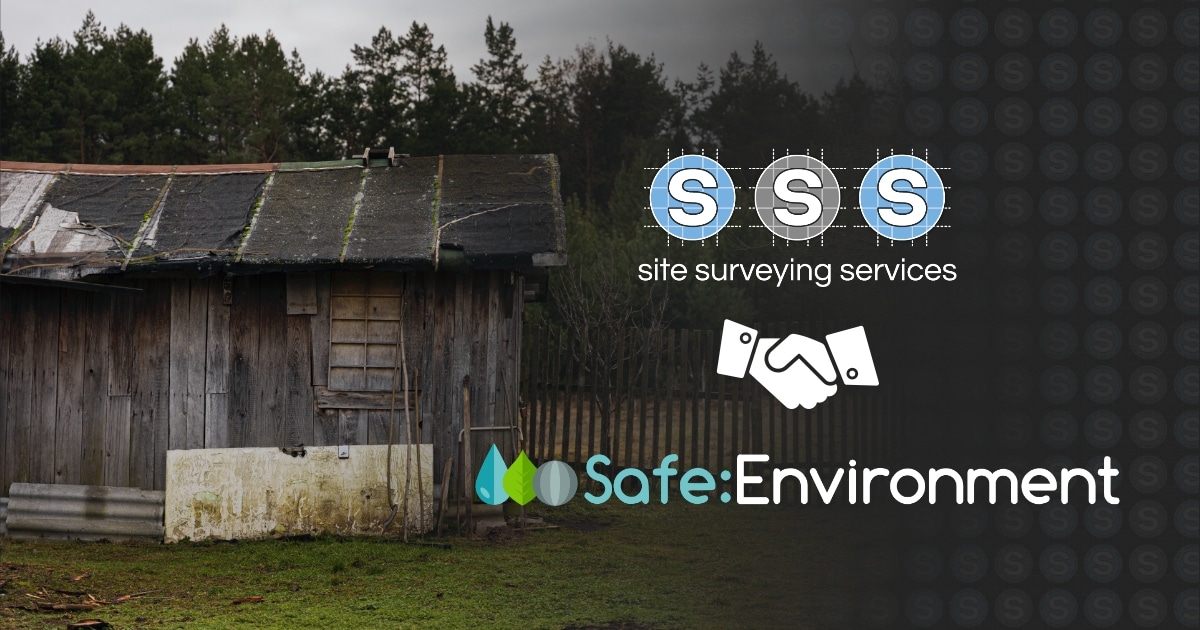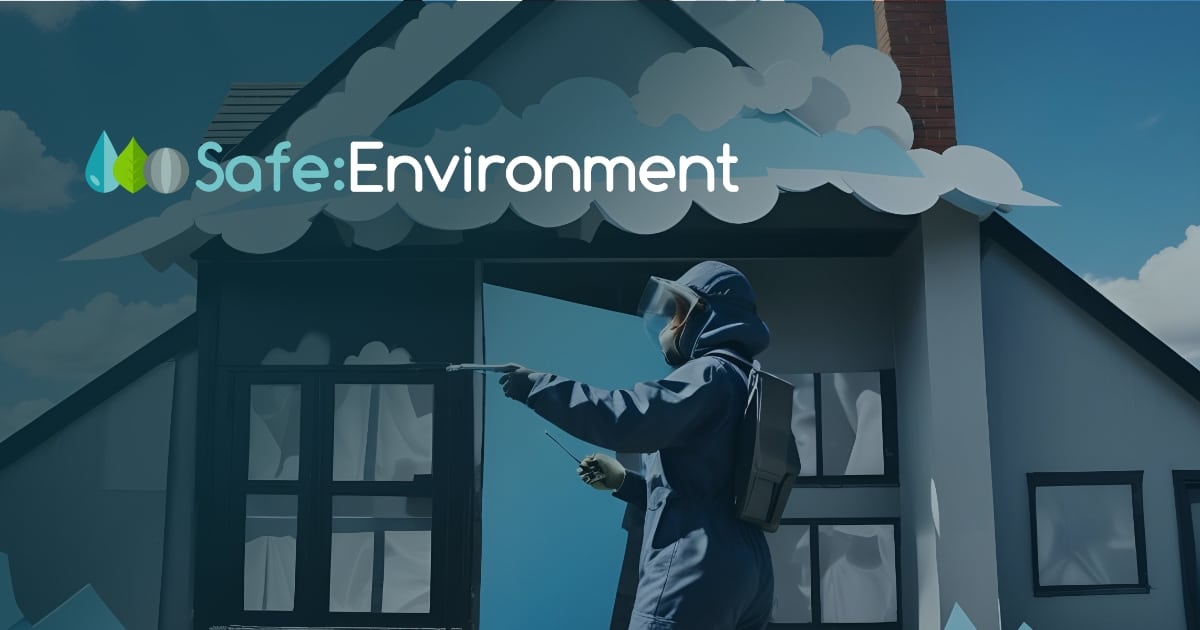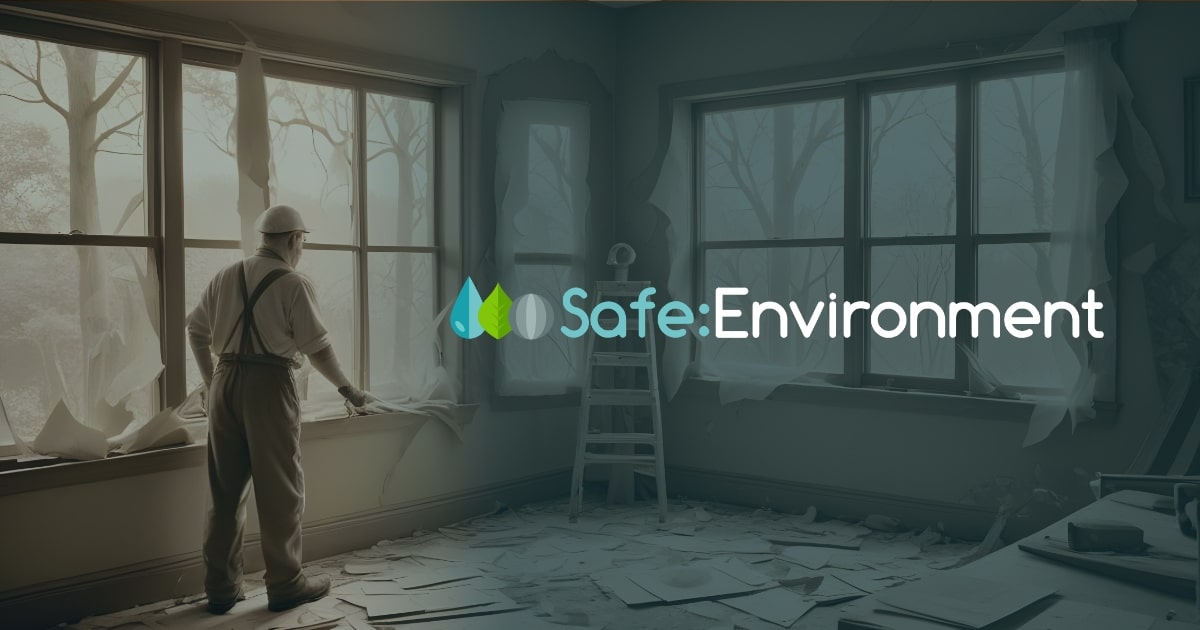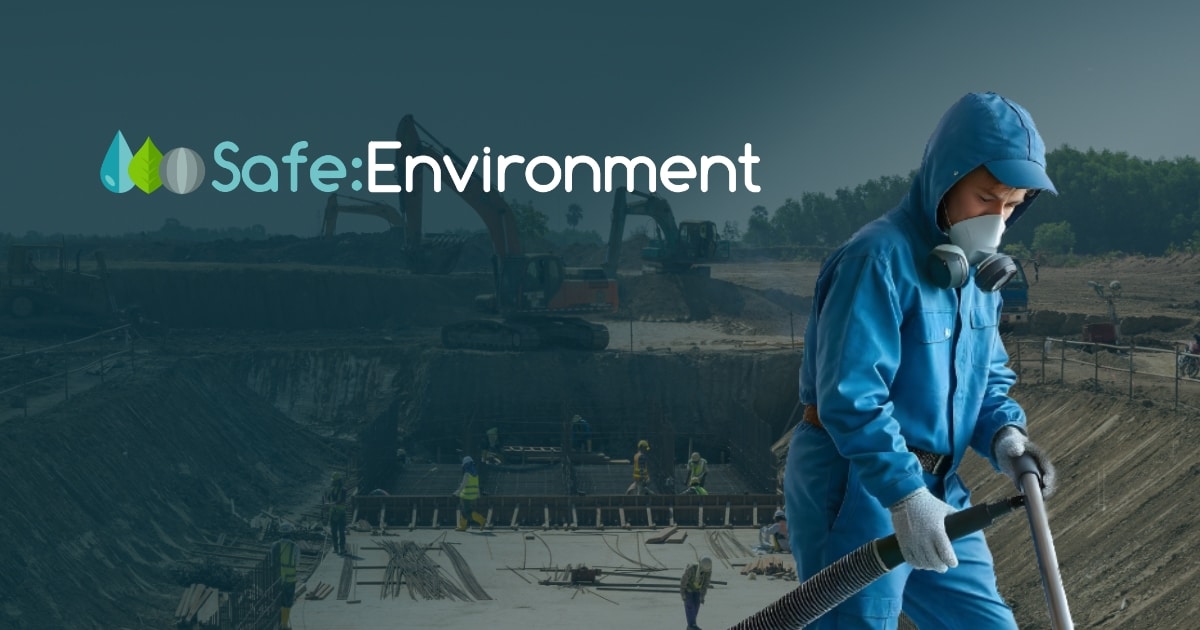Asbestos, once considered a “wonder material” for its durability and heat-resistant properties, is now known to be highly dangerous. Despite being banned in the UK since 1999, many commercial properties built before that time still contain asbestos in materials like insulation, roofing, and flooring. Over time, these materials can deteriorate, releasing harmful asbestos fibres into the air. Exposure to asbestos can lead to serious health conditions, including lung cancer, asbestosis, and mesothelioma.
For commercial property owners, regular asbestos inspections are not just a legal obligation—they are crucial for protecting the health and safety of employees, tenants, customers, and anyone who enters the premises. In this blog post, we’ll explore why regular asbestos inspections are so important and the risks you face if they are neglected.
1. Legal Compliance and Responsibility
Under UK law, commercial property owners and managers have a duty to manage asbestos in their buildings. The Control of Asbestos Regulations 2012 requires anyone responsible for the maintenance and repair of non-domestic premises to identify and manage the risk of asbestos exposure. Failure to comply with these regulations can result in significant fines, legal action, and even imprisonment in cases of gross negligence.
Regular asbestos inspections are a critical part of fulfilling these legal obligations. An asbestos inspection allows you to identify asbestos-containing materials (ACMs), assess their condition, and create a management plan to reduce the risk of exposure. Without routine inspections, you risk breaching the law, which can have severe consequences for both your business and the health of those on your property.
2. Protecting Health and Safety
Asbestos becomes dangerous when it is disturbed or damaged, releasing microscopic fibres into the air. Once inhaled, these fibers can become lodged in the lungs, leading to long-term health problems. The health risks associated with asbestos exposure are well-documented, and the diseases it causes, such as mesothelioma and lung cancer, often develop decades after exposure.
In commercial settings, employees, tenants, and customers are at risk of asbestos exposure if the material is present and not properly managed. Regular asbestos inspections ensure that ACMs are monitored and remain in good condition, preventing them from becoming a hazard. If any materials are found to be damaged or deteriorating, steps can be taken to repair or remove them before they pose a risk to health.
3. Identifying and Managing Hidden Asbestos
One of the biggest challenges with asbestos is that it’s often hidden within the structure of a building, making it difficult to detect without a proper inspection. Asbestos can be found in various building materials, including:
Insulation around pipes and boilers
Roofing materials and ceiling tiles
Floor tiles and adhesives
Insulation boards and cement sheeting
Fireproofing materials
Over time, even materials that are initially in good condition can degrade or be disturbed during renovations, repairs, or accidental damage. Without regular inspections, you may not be aware of asbestos risks until it’s too late.
Asbestos surveys help to locate these hidden materials, assess their condition, and develop a management plan. This allows you to make informed decisions on when and how to handle asbestos safely, ensuring it remains undisturbed and contained.
4. Reducing the Risk of Expensive Remediation
Ignoring asbestos inspections can lead to more than just health risks; it can also result in costly remediation. If asbestos-containing materials are damaged or disturbed—whether by accident, renovation, or neglect—the cleanup process can become far more expensive than if the issue had been identified early.
Regular inspections help you stay ahead of potential problems by identifying materials that may be at risk of deterioration. By monitoring the condition of asbestos materials over time, you can plan for maintenance, repairs, or removal before the situation becomes critical, preventing costly emergency repairs and asbestos abatement procedures.
5. Ensuring Smooth Renovations and Property Transactions
For commercial property owners planning renovations or property sales, asbestos inspections are a vital step in the process. Renovation or demolition work can disturb asbestos materials, putting workers and occupants at risk. Having an up-to-date asbestos survey ensures that all ACMs are identified before any work begins, allowing for safe removal or containment.
In the case of property transactions, potential buyers often require proof that asbestos has been managed in compliance with legal regulations. If asbestos inspections have been neglected, it can lead to delays in the sale or significantly reduce the property’s value. Regular asbestos inspections help ensure a smooth renovation process and give potential buyers peace of mind.
6. Supporting Your Company’s Reputation
In today’s business environment, health and safety are more important than ever. Commercial property owners have a responsibility to protect the health of everyone who enters their premises. Regular asbestos inspections demonstrate that your business is committed to maintaining a safe and compliant environment.
Failing to address asbestos risks can result in serious harm to your company’s reputation. In the event of an asbestos-related incident, the negative publicity can be damaging, particularly if it becomes clear that the issue could have been prevented with proper inspections. A proactive approach to asbestos management reflects positively on your business and helps build trust with employees, clients, and stakeholders.
7. Peace of Mind
Finally, regular asbestos inspections provide peace of mind. As a property owner or manager, knowing that your building is free from asbestos risks—or that the risks are being properly managed—can give you confidence in the safety of your premises. Regular checks ensure that you’re staying compliant with regulations and that any potential issues are addressed promptly, keeping everyone safe.
Conclusion
The importance of regular asbestos inspections for commercial properties cannot be overstated. Whether it’s for legal compliance, protecting health and safety, or preventing costly repairs, regular checks are essential in managing asbestos risks effectively.
By conducting regular asbestos surveys, keeping track of ACMs, and maintaining a clear management plan, you’ll ensure that your commercial property is safe, compliant, and free from the dangers of asbestos exposure. If you’re unsure where to start, or if it’s been some time since your last inspection, contact us to ensure your building is protected and up to code.


